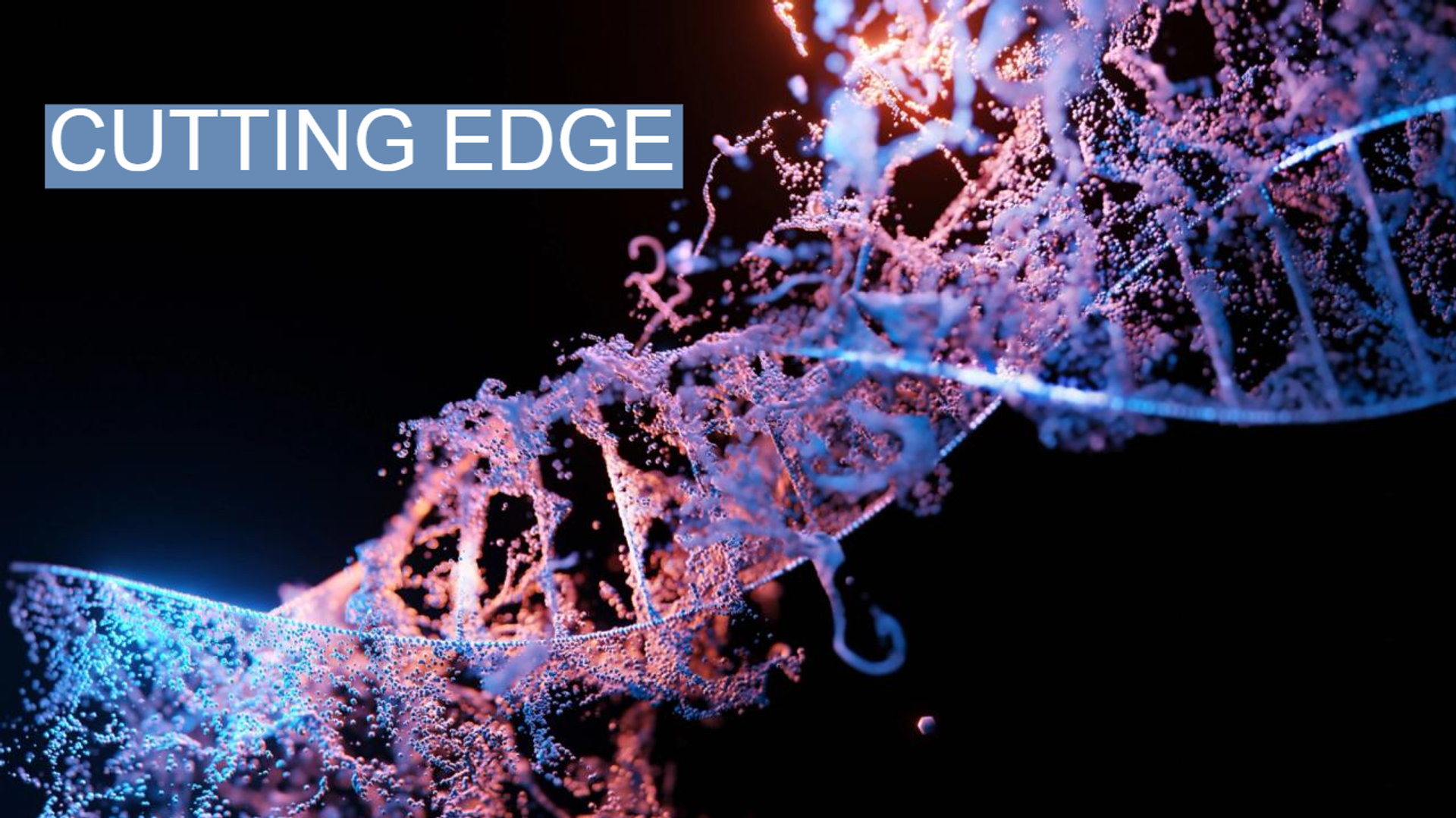The News
The U.S. Food and Drug Administration on Friday approved the first gene editing treatment, a breakthrough in medical technology that paves a new path for treating hundreds of diseases.
The new therapy treats sickle cell anemia by using CRISPR – a bacterial immunological response tool – to switch on a gene in patients’ blood that makes up for the mutated protein that causes sickle cell.
While the technology does not completely cure patients – and advocates are already alarmed about its price tag – preliminary data suggests the treatment means that the more than 100,000 Americans living with the disease could ultimately avoid undergoing bone marrow transplants, currently the best remedy for sickle cell anemia.
SIGNALS
Given that 90% of sickle cell patients in the U.S. are Black — a historically marginalized community in medicine — the disease was an “unexpected front-runner in the race to commercialize CRISPR,” writes Sarah Zhang for the Atlantic. Black patients are often misdiagnosed or refused painkillers because patients are perceived to be drug addicts, and for years many have called out the discrimination and barriers to healthcare. The developers of the CRISPR treatment themselves faced hurdles in finding willing trial participants because “of the history of experimentation on Black people in the U.S,” Zhang writes. The researchers hoped they would make history for a different reason: “A community that has been marginalized in medicine is the first in line to benefit from CRISPR.”
Despite the breakthrough, experts are still worried about CRISPR’s ethical considerations. A summit this year on genome editing offered recommendations to prevent an incident like the 2018 CRISPR scandal in China, when the country announced it had used the technology to alter the DNA of two human embryos to have resistance against HIV. But two academics warned in The Conversation that most countries, including the U.S., “do not have sufficiently robust regulatory frameworks to prevent a repeat” of the China incident. These guidelines are crucial for societies to “draw the line” on when gene editing is acceptable. Scientists are still debating about what diseases should be treated before birth, and whether the future of gene editing will lead to prejudices against those who are biologically inferior.
Artificial Intelligence could help offset some of the risks associated with gene editing. Researchers are still unsure about whether switching on or off certain genes can lead to future health consequences, but AI’s processing capabilities means they now have more of a roadmap to understand the impacts of gene editing. Companies like Microsoft are pouring millions into AI software that will allow developers to find “where best to edit a strand of DNA to alleviate side effects and speed up the editing process itself,” Engadget explains. Google’s DeepVariant software can help researchers distinguish a DNA mutation from a random error, meaning future gene editing treatment could become more “personalized” as researchers discover new ways to independently fix different genomes.

